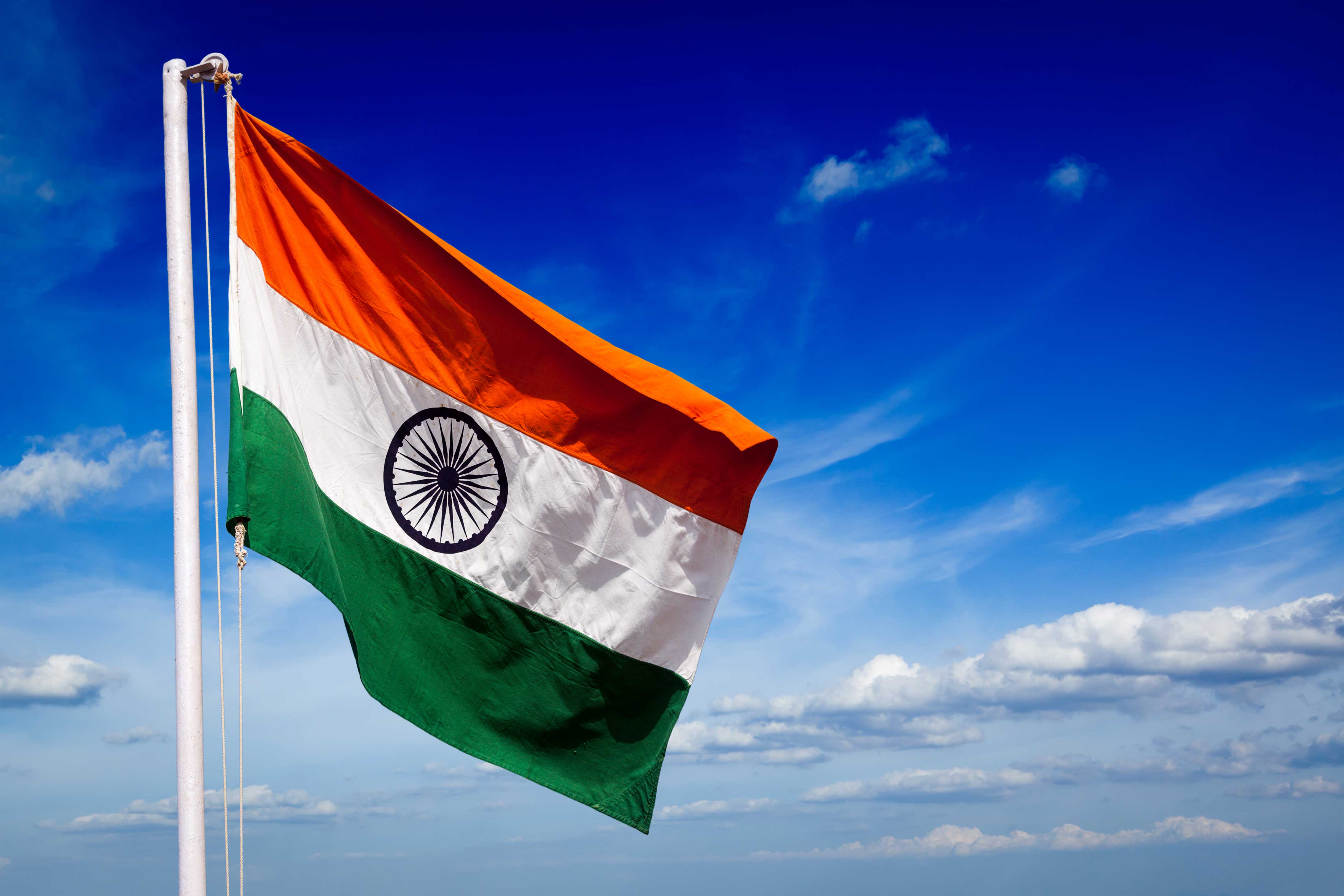Jeremy
D. Morley
When I was in India in early September
there was great hope among the legal community that India would move forward to
join the community of nations in acceding to the Hague Convention on the Civil
Aspects of International Child Abduction. Those hopes were dashed by the recent
announcement by India’s Women and
Child Development Ministry that, “We are very clear that
we are not signing the Hague Convention.”
India’s status as one of the world’s most significant havens for international
child abduction will apparently continue unabated.
In 2009 the Law Commission of India issued a
report entitled, “Need to Accede to the Hague Convention on the Civil
Aspects of International Child Abduction.” At the time, the recommendation that
India should sign the Convention seemed to fall on deaf ears. Meanwhile foreign
criticism of India for not returning internationally abducted children grew,
especially from the United States and the U.K. Indeed, the U.S. State
Department determined that India “demonstrated a pattern of noncompliance by
persistently failing to work with the United States to resolve abduction
cases.” As a result, the U.S. Government
issued a formal diplomatic protest--a demarche--to India in May 2015 (and again
in July 2016).
A sign of progress occurred in February
2016 when the High Court of Punjab and Haryana formally asked the Law
Commission of India to examine whether to issue a recommendation “for enacting
a suitable law for signing the Hague Convention.” The Government of India then
published a draft of a proposed “Civil Aspects of International Child Abduction
Bill 2016,” and in July it placed the Bill on the website of the Women and Child Development Ministry. In
October the Law Commission issued a new report in which it recommended that
India sign the Convention and that certain amendments to the proposed bill
should be enacted.
And then
everything ground to an apparent halt. The Minister of Women and Child Development stated that acceding to
the Convention would not be in the interest of aggrieved women “who have been
abandoned by their husbands abroad, had their passports snatched from them,
been beaten up, and have somehow scraped the money and are in terrible fear, I
wonder whether we should join or not.” Furthermore, she said that there are
fewer instances of Indian children being abducted and taken abroad than of
children being abducted to India. The Indian press is reporting that the
proposed bill is likely to be “junked.”
This decision, if maintained, will put
Indian nationals and persons of Indian origin living outside India at a
tremendous disadvantage. Courts in the United States will likely not permit
then to take children for family visits to India if the other parent objects
because the Indian legal system can certainly not be counted on to return the
children if they are retained in India. It
means that winning international relocation cases to India will likely be far
more difficult than is the case currently. And it means that desperate India
mothers (and men) who take their children to India over the objections of the
other parent will be committing a serious felony under U.S. law and will likely
be unable to leave India because of fear that they will arrested once an
Interpol notice is circulated.
It is to be hoped that the Indian
Government reconsiders what appears to be a most short-sighted decision.



